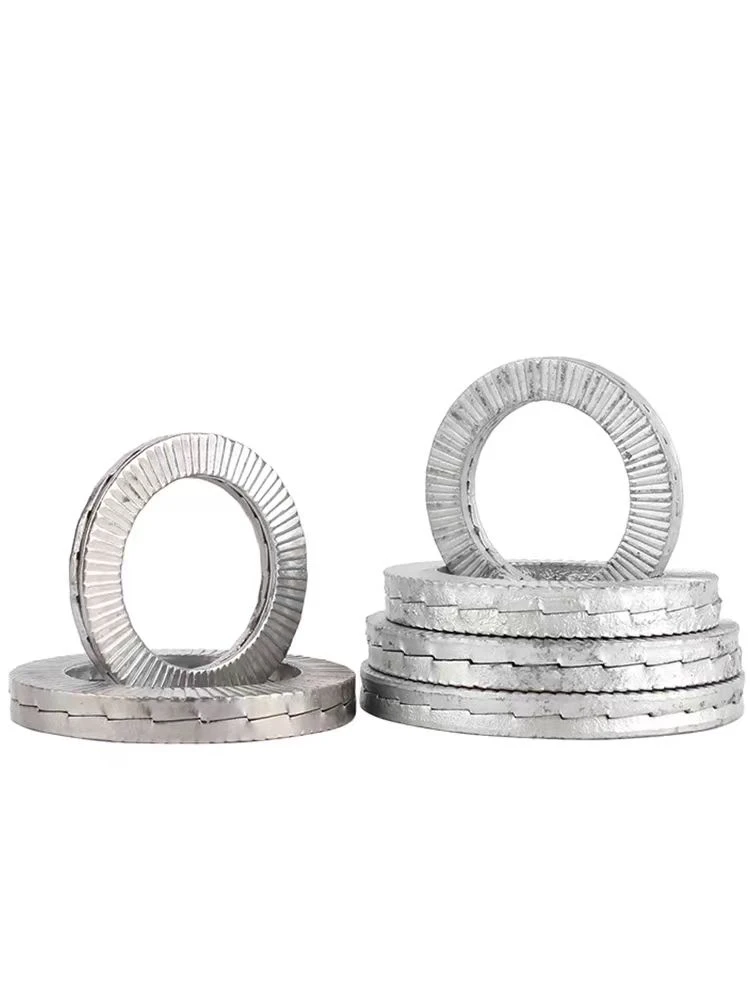

steel frame bolts
Th12 . 12, 2024 11:43 Back to list
steel frame bolts
Understanding Steel Frame Bolts Essential Components of Modern Construction
In the realm of modern construction, steel frame structures have become a staple due to their durability, strength, and flexibility. Central to these structures are the bolts used to connect various components, ensuring stability and integrity. This article will delve into the significance of steel frame bolts, their types, specifications, installation practices, and maintenance considerations.
The Importance of Steel Frame Bolts
Steel frame bolts play a critical role in establishing strong connections between steel components. Properly fastened bolts ensure that loads are effectively transferred throughout the structure, minimizing the risk of failure. They not only help in assembling the steel framework but also allow for the adaptation of buildings to meet certain design specifications and local regulations. The correct use of bolts can significantly enhance the safety and longevity of a steel structure.
Types of Steel Frame Bolts
Steel frame bolts come in various types, each designed for specific applications
. The primary categories include1. High-Strength Bolts These are often used in structural applications where high loads are expected. Made from alloy steel, high-strength bolts can withstand significant tension and shear forces, making them ideal for critical connections in steel frameworks.
2. Anchor Bolts Utilized to secure structures to their foundations, anchor bolts are embedded in concrete and provide stability against uplift and lateral forces. They play a vital role in anchoring columns, pylons, and other structural components.
3. Machine Bolts Commonly used in general construction, machine bolts can be used for various purposes, from securing smaller components to larger structural applications.
4. Tension Control Bolts (TC Bolts) These bolts come with a unique design feature that ensures the correct tension is achieved during installation. They are primarily used in critical load-bearing connections where precise torque is crucial.
Specifications and Standards
When selecting bolts for steel frame construction, it is essential to consider the specifications outlined by organizations such as the American National Standards Institute (ANSI) and the American Institute of Steel Construction (AISC). These standards dictate not just the physical properties of the bolts, but also the quality assurance processes to ensure structural safety. The specifications typically include
steel frame bolts

- Grade This indicates the yield strength and tensile strength of the bolt material, with most structural assemblies using Grade 50 (345 MPa yield strength) or higher.
- Diameter The diameter of the bolt must match the design specifications, which can range significantly depending on the application.
- Coating Several coatings such as galvanized or zinc-plated are applied to steel bolts to prevent corrosion, extending their lifespan in outdoor or harsh environments.
Installation Practices
Proper installation of steel frame bolts is crucial for ensuring a reliable structure. Mistakes during installation can lead to structural failures, so adherence to best practices is essential. Some key installation pointers include
- Pre-Installation Checks Inspect all components and bolts for defects before installation. Ensure that the surfaces being joined are clean and free of contaminants.
- Torque Specifications Each type of bolt has a specified torque that must be adhered to during installation. Using a calibrated wrench is essential to achieve the right tension.
- Quality Control Implementing a quality control process during installation helps identify any installation errors early, ensuring that connections are secure.
Maintenance Considerations
While steel frame structures are designed to withstand the test of time, regular maintenance is necessary to ensure the integrity of bolted connections. Inspections should focus on checking for signs of corrosion, bolt loosening, or any deformities in the connecting materials. Scheduled maintenance not only addresses potential issues but also extends the lifespan of the structure.
Conclusion
Steel frame bolts are indispensable in modern construction, playing a vital role in the safety and longevity of steel structures. Understanding the types, specifications, and best practices for installation and maintenance is essential for engineers, architects, and construction teams alike. With the right knowledge and attention to detail, the effectiveness and reliability of steel frame connections can be greatly enhanced, ensuring the structures we build today can withstand the challenges of tomorrow. As the construction industry continues to evolve, the significance of high-quality steel frame bolts will remain paramount in achieving robust and durable buildings.
Latest news
-
Premium Self Tapping Metal Screws: Strong & Easy Install
NewsAug.02,2025
-
Premium Fasteners Manufacturer | AI-Driven Solutions
NewsAug.01,2025
-
Hot Dip Galvanized Bolts - Hebei Longze | High Strength, Corrosion Resistance
NewsAug.01,2025
-
High-Strength Hot Dip Galvanized Bolts - LongZe | Corrosion Resistance, Custom Sizes
NewsAug.01,2025
-
Best Self Tapping Screws for Drywall - Fast & Secure Installation
NewsJul.31,2025
-
High-Strength Hot Dip Galvanized Bolts-Hebei Longze|Corrosion Resistance&Customization
NewsJul.31,2025

